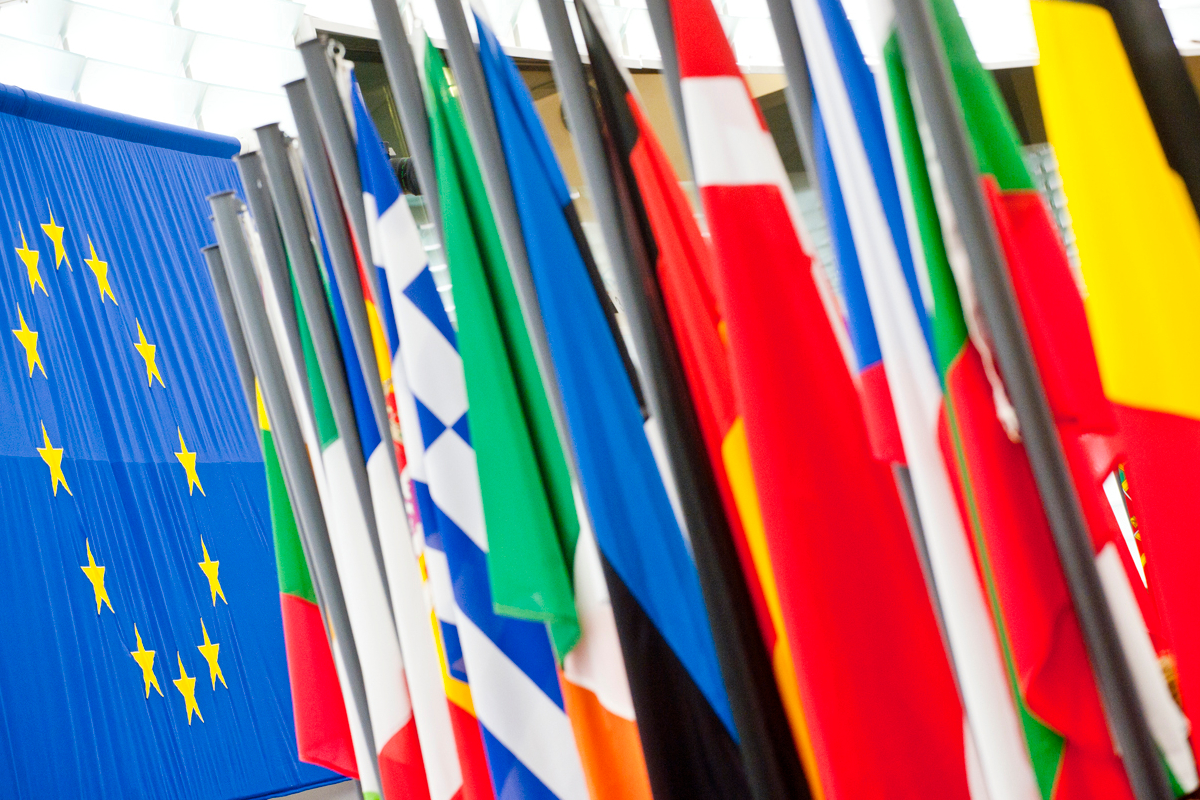July

EU: Research ethics in Horizon Europe: two presentations
The EU's research programmes have long been criticised for funding dubious surveillance technologies, and authorities have gone to substantial efforts to keep ethics reports secret - most notably in case of the automated lie detector project, iBorderCtrl. But how are ethics issues supposed to be identified and addressed in Horizon Europe research projects? Two presentations obtained by Statewatch set out how the process is meant to work.

EU: Tracking the Pact: Access to criminal records for “screening” of migrants
Under the Pact on Migration and Asylum, the “screening” of migrants who have entered the EU irregularly or who have applied for asylum will become mandatory. The aim is to establish their identity and to investigate whether they should be considered a “security risk”. To facilitate the screening process, access to the EU’s system of “interoperable” databases is being broadened, with the Council recently approving its negotiating position on new rules granting access to a centralised register of individuals convicted of criminal offences in EU member states.

EU: Tracking the Pact: Parliament and Council want all new asylum and migration laws approved by spring 2024
The European Parliament and the Council of the EU plan to finish negotiating all the asylum and migration laws currently on the table by February 2024, with the aim of having them enter into force by April 2024 at the latest.

Policing: UK-USA Data Access Agreement coming into force in October
The UK government has announced that the 'Data Access Agreement', which seeks to ease the ability of authorities on both sides of the Atlantic to obtain data held by electronic service providers in each others' jurisdictions, will come into force on 3 October. The Agreement allows either side to request "the interception of wire or electronic communications" where deemed necessary.

USA offers foreign states access to 1.1 billion biometric “encounters” in return for reciprocal database access
The US Department of Homeland Security (DHS) is touting ‘Enhanced Border Security Agreements’, offering access to its vast biometric databanks in exchange for other states reciprocating. Reports suggest the UK is already participating, although there is no official confirmation of this. In the EU the proposals have caused a furore amongst privacy-minded MEPs. A document produced by the DHS, obtained by Statewatch, shows what the USA is offering foreign states.

EU: Tracking the Pact: Council demands legal immunity for Frontex in Senegal "under all circumstances"
The negotiating directives for the proposed status agreement that would allow Frontex to operate in Senegal place a strong emphasis on the need for criminal and civil immunity of Frontex staff in Senegal "under all circumstances", while ensuring the most extensive executive powers possible.

EU: Tracking the Pact: Plan for Frontex to deploy "vessels, surveillance equipment, and carry out operational tasks" in Senegal and Mauritania
The EU's border agency is also due to open a "risk analysis cell" in Nouakchott, Mauritania, in autumn this year, according to documents obtained by Statewatch and published here. The two "action files" put heavy emphasis on the "prevention of irregular departures" towards the Canary Islands and increased cooperation on border management and anti-smuggling activities. Earlier this month, the Council authorised the opening of negotiations on status agreements that would allow Frontex to operate in both countries.

EU: Tracking the Pact: New “operational partnerships” with Morocco and Niger
Last week the European Commission announced two new “operational partnerships” with Morocco and Niger aimed at preventing and punishing human smuggling. The day before the Commission’s announcement, the International Centre for Migration Policy Development signed a cooperation agreement with the Nigerien authorities, to support “the fight against irregular migration”.

EU: E-Evidence: "an agreement has been reached on the core elements of the instruments"
A document circulated by the French Presidency of the Council of the EU on 30 June - France's last day of holding the office prior to the arrival of the Czech Presidency - says that during a "political trilogue" meeting with the European Parliament on 28 June, "an agreement [was] reached on the core elements" of the e-evidence proposals, which aim to facilitate the cross-border exchange of electronic data for criminal proceedings. The state-of-play of the Regulation and Directive can be seen in two documents produced following the trilogue, both of which are available here.

UN Special Rapporteurs critical of UK-Rwanda deal
On 1 July 2022, five UN Special Rapporteurs (SRs) wrote to the UK government to provide a legal analysis of the UK-Rwandan Memorandum of Understanding (MoU) of 14 April 2022 to establish an “asylum partnership arrangement”, focusing on the UK state’s obligations under international human rights law. This MoU raises concerns regarding its compatibility with such obligations.

EU: End game approaching for e-evidence negotiations, says French Presidency
Negotiations on the EU’s controversial “e-evidence” proposals may be coming to a close soon, according to a note circulated by the French Presidency of the Council on 16 June.

EU and USA set up “informal expert group” on mutual legal assistance and extradition
The EU and the USA are to set up an “informal expert group” aiming to “improve the practical implementation” of agreements on mutual legal assistance and extradition.
Spotted an error? If you've spotted a problem with this page, just click once to let us know.